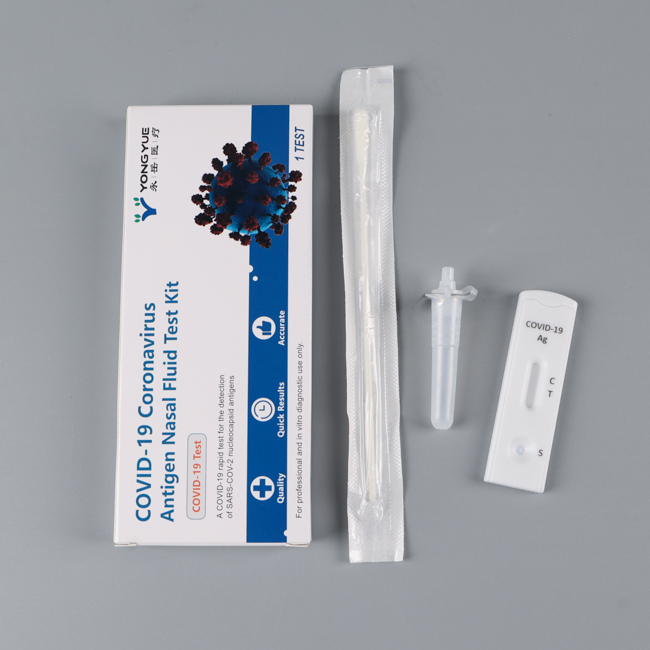Billions of years ago, nickel was formed in a supernova explosion, which is the only place in nature that has sufficiently high temperature and pressure conditions to form nickel atoms. Nickel is the fifth most abundant natural element on earth. Nickel can be found in meteorites, deep in the earth, and surface ores. The natural content of nickel in the environment varies significantly with geographical location.
With epidemic of the noval coronavirus COVID-19 (SARS-CoV-2) out-breaking currently, many biotech companies are sourcing lab plastic consumables worldwide to control the spreading. We also received many inquiries from different countries. But most inquiries are mainly for some items of us. This page is to help the researchers who need to find out our products that used in COVID-19 quickly, hope it helps.
However, any your inquiries are welcome, please never mind to contact us!
Antigen Extraction,Acid Extraction Tubes,Nasopharyngeal Swab,Antigen Rapid Test Cassette,Test Cassette Yong Yue Medical Technology(Kunshan) Co.,Ltd , https://www.yypcrtube.com
Like other metals, nickel exists in nature as ore. These ores are mined, refined and smelted or chemically treated to extract nickel. The main nickel resources are distributed in Russia, Canada, Australia, New Caledonia, Indonesia, Cuba, China, Dominican Republic, Botswana, Colombia, Greece and Brazil. Nickel refining is also carried out in Japan, the United Kingdom, Finland and France. . Nickel-containing ores are usually smelted to produce raw materials (nickel iron) for the steel industry or further refined into metallic nickel or chemicals. High-purity nickel and nickel chemicals are produced by specialized refineries.
Nickel is the fifth most abundant natural element on earth and is essential for the life of some plants. Nickel can be found in meteorites, deep in the earth, and surface ores. The natural content of nickel in the environment varies significantly with geographical location.
Nickel has a unique combination of properties that are economically and socially significant through its contribution to households, food production, transportation, energy, and manufacturing. More than 85% of nickel is newly produced each year, and most of the nickel is regenerated. Used to produce alloy materials. Stainless steel is the best known of these alloys. The most common stainless steel grades contain 8%-12% nickel. Due to its excellent corrosion resistance, stainless steel is used in a wide range of applications in the food and beverage industry and homes (washing tanks, utensils), construction (building structures and decorations), healthcare (pharmaceutical equipment and medical devices), food processing and brewing equipment. And the entire industry. Two thirds of the newly produced nickel and most of the regenerated nickel are used to produce stainless steel.
We ingest nickel daily through our diet because nickel is a natural part of the diet. The crop needs and the nickel used is in the food we eat every day, especially beans, peas, lentils, cocoa products (chocolate) and oats. . Therefore, we take 150-300 micrograms of nickel each day.
You use nickel-containing products every day. You use nickel every day while cooking foods. Consumers often encounter nickel in the form of alloys such as cookware and cutlery. The stainless steel used in these appliances has excellent corrosion resistance to provide essential hygiene conditions, avoid food poisoning, and ensure that food is not contaminated. 